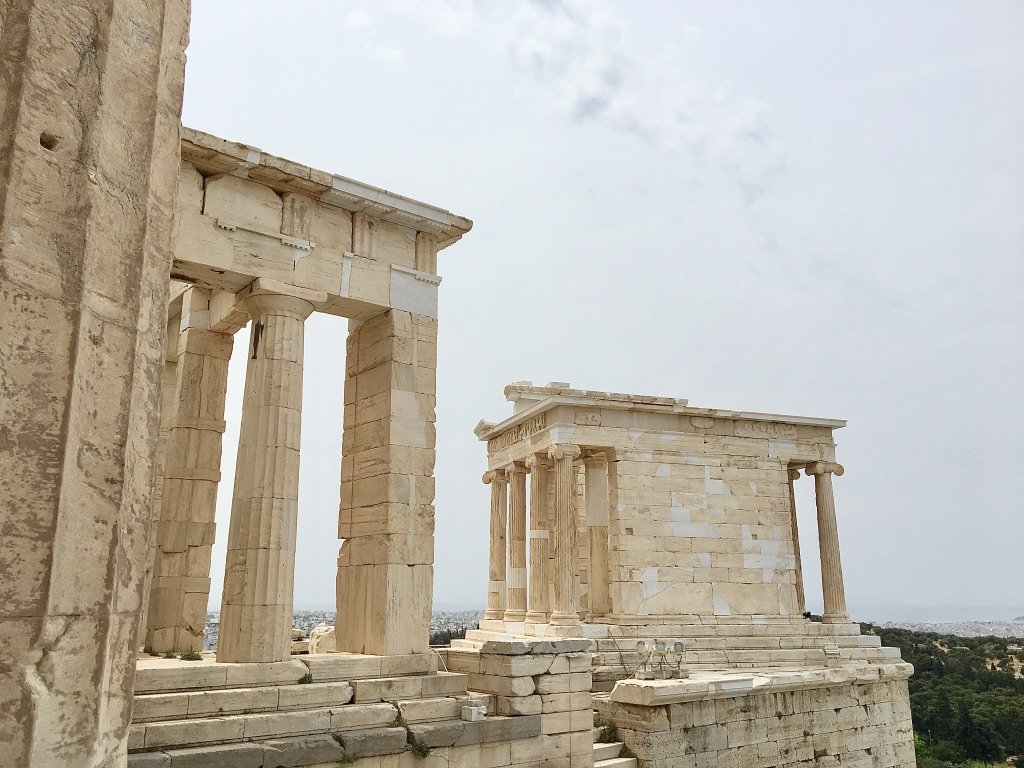In Dialogue with Antiquity:
Models of Living Together in the Europe of the Future
Eveline Krummen
Lecture (Online)

Acropolis Athens
Photo: HK
zoom.us/j/97030035771?pwd=dWQ5RDRzdks3aDI0SFdHVng1b0VqQT09
Meeting ID: 970 3003 5771
Code: 876751
One of the characteristics of Europe is the diversity of languages, literature and culture, which opens up very different perspectives on life. In this diversity, which today threatens to disintegrate into particularism, one has always sought what unites us. In doing so, it must be noticed that in most languages there are terms that are very similar, for example democracy, English democracy, Hungarian democrácia, also economy, English economy, French économie, politics in Polish polityka, or convey central contents such as freedom, justice and the individual.
In the lecture, these terms will be analyzed in terms of language and content and traced back to their origins in Greek antiquity. It will be shown that they already appear in the earliest works preserved to us (around 700 B.C.), were then systematized and brought into close relation in the 5th century B.C., the great time of Athens, and in Aristotle (4th century B.C.) as well as other authors. They form a far-reaching model of economic, political and cultural coexistence, which also creates the preconditions for art and its innovations, and is committed to the positive image of man of antiquity. At the same time, this model addresses central problems of the (post) modern present.
It is this intangible cultural heritage of antiquity that will be considered in the lecture by means of textual examples (in German) and with regard to guidelines for the future. In this common linguistic-cultural heritage the “modernity” of antiquity and the “farsightedness of Europe” prove themselves.
Univ.-Prof. Dr. phil. Eveline Krummen has been full professor of Classical Philology / Greek Studies at the University of Graz since 1999. She studied Classical Philology with a focus on Greek Studies, Archaeology and Music at the Conservatory in Bern and at the University of Zurich, where she graduated with a licentiate in Greek and Latin Philology and Classical Archaeology. She taught at the Kantonsschule Urdorf and was an assistant at the University of Zurich, where she received her doctorate with a dissertation on Pindar (De Gruyter 1990). This was followed by research stays in Cambridge and Tübingen. In 1997 she habilitated at the University of Zurich. She worked and taught at the Universities of Zurich, Bern and Heidelberg. In 1998 she received an ATHENA fellowship from the Swiss National Science Foundation. Her main research interests are Greek poetry, Attic drama, ancient philosophy (Plato), ancient visual studies, and “Antiquity in Modernity” (Ancient Theater on the Modern Stage, The Significance of Antiquity for the Representation of the Princes of Eggenberg).

Acropolis Athens
Photo: HK